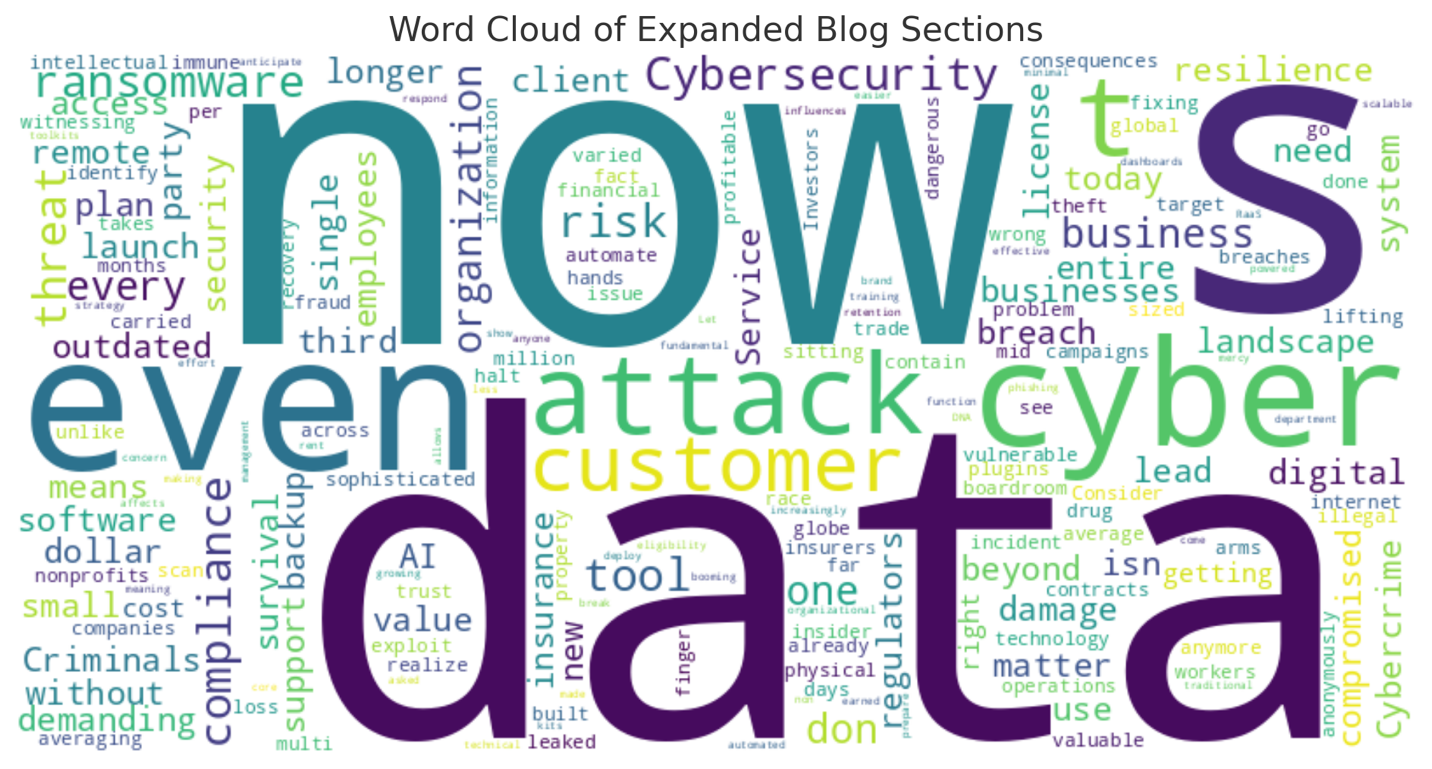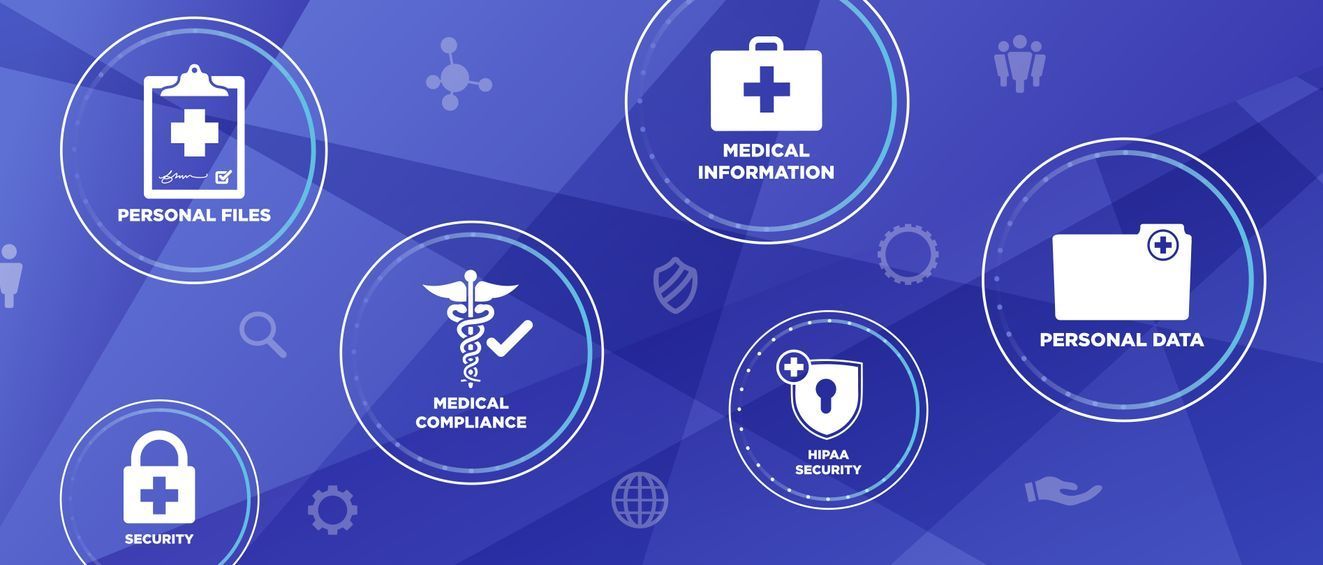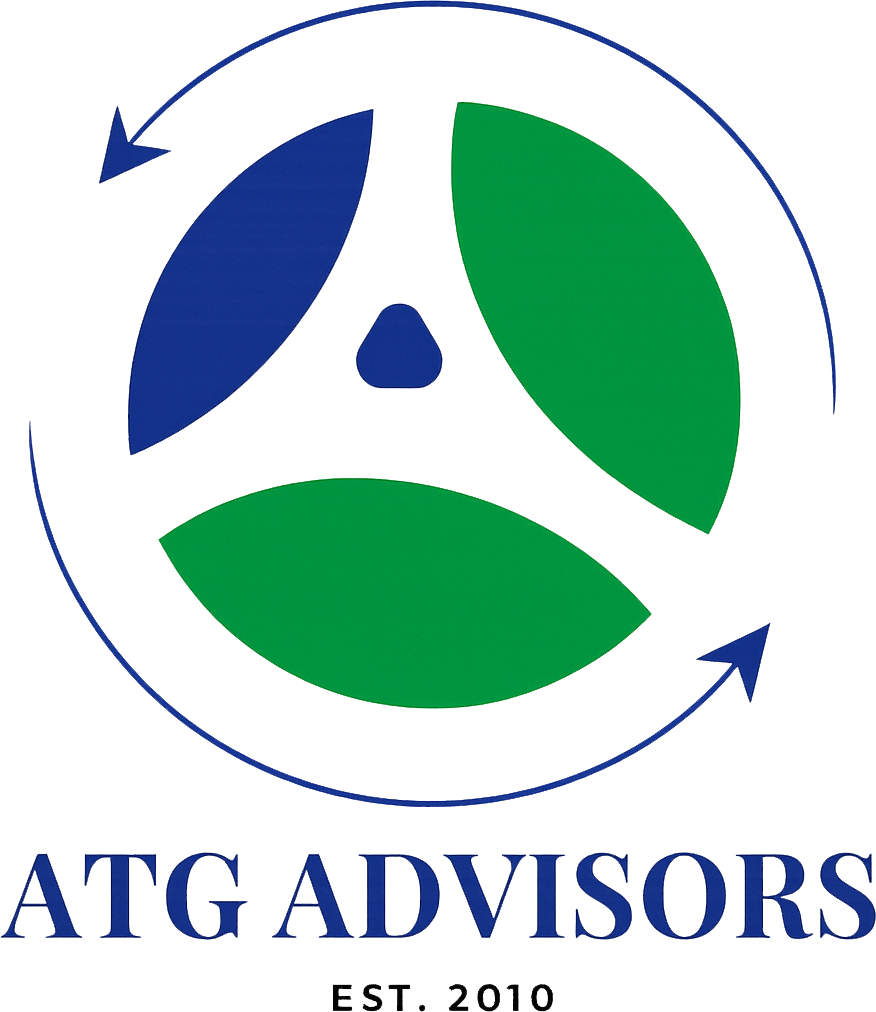Embracing Industry 4.0: The Rise of Smart Factories

Introduction
Welcome to the fourth industrial revolution—where machines talk, data flows like electricity, and factories are getting smarter by the second. Industry 4.0 is reshaping manufacturing and production environments through the fusion of digital technologies, automation, and real-time data analytics. This blog explores the smart factory revolution, the technologies driving it, and how ATG Advisors helps organizations design and implement operational strategies that are future-ready, efficient, and scalable.
What Is Industry 4.0?
Industry 4.0, also known as the Fourth Industrial Revolution, represents a shift toward digitized and interconnected production environments. It includes:
- Industrial Internet of Things (IIoT)
- Artificial Intelligence (AI) and Machine Learning
- Cyber-Physical Systems
- Cloud Computing
- Robotics and Automation
- Big Data and Predictive Analytics
These technologies allow businesses to monitor processes, self-optimize production, and adapt to changing demands with minimal human intervention.
ATG Advisors’ Role: We translate Industry 4.0 buzzwords into real-world business outcomes by helping manufacturers adopt tech that’s relevant, cost-effective, and aligned with their operational goals.
Core Features of a Smart Factory
A smart factory uses integrated systems and sensors to create a fully visible, responsive, and adaptive manufacturing floor. Features include:
- Connected Equipment: Machines that collect and share real-time data
- Predictive Maintenance: Maintenance scheduled based on usage and wear
- Digital Twins: Virtual models of physical assets
- Automated Workflows: Minimized manual intervention
- Real-Time KPI Dashboards: Track productivity, downtime, and quality
ATG Advisors’ Role: We help manufacturers conduct readiness assessments, develop digital twin frameworks, and integrate real-time analytics into existing ERP and MES platforms.
The Business Case for Going Smart
Companies that invest in Industry 4.0 technologies report:
- Up to 30% productivity improvement
- Significant reduction in operational downtime
- Lower maintenance and energy costs
- Faster response to market demand shifts
ATG Advisors’ Role: We conduct ROI analyses and financial modeling to help decision-makers understand the payback period and risk profile of smart factory investments.
Case Study: From Legacy to Smart in 12 Months
A mid-size packaging manufacturer transitioned from manual scheduling and legacy PLC systems to a fully connected smart line with predictive maintenance alerts and live production tracking.
ATG Advisors’ Role: We managed the digital transformation roadmap, integrated IIoT sensors, and coordinated workforce training. Within one year, the client saw a 23% throughput increase and a 17% reduction in machine downtime.
Implementation Blueprint: Building a Smart Factory
- Assessment: Evaluate digital maturity, production constraints, and data readiness
- Strategy: Define goals, tech stack, and integration plan
- Infrastructure Upgrade: Enable connectivity and edge devices
- Software Integration: Connect systems through APIs and middleware
- Change Management: Train teams, update SOPs, and develop digital culture
- Continuous Improvement: Use KPIs and analytics to drive optimization
ATG Advisors’ Role: We guide clients through each phase—balancing innovation with practical implementation.
Common Pitfalls to Avoid
- Underestimating Change Management: Tech adoption fails without buy-in
- Siloed Systems: Data trapped in individual machines limits visibility
- Choosing Tech Without Strategy: Tools without a plan waste resources
ATG Advisors’ Role: We provide project governance, stakeholder training, and strategic oversight to avoid costly missteps.
How Smart Factories Align with Sustainability and ESG Goals
Industry 4.0 also enables:
- Real-time energy monitoring
- Waste reduction through process precision
- Supply chain transparency
- ESG data collection and reporting automation
ATG Advisors’ Role: We integrate ESG metrics into factory dashboards and align smart factory initiatives with sustainability reporting standards.
What’s Next? The Future of Smart Factories
- Hyper-Automation: AI + robotics automating even decision-making layers
- Human-Centered AI: Supporting workers rather than replacing them
- Digital Supply Networks: Intelligent supply chains connected in real-time
- 5G and Private Networks: Superfast, low-latency factory communications
ATG Advisors’ Role: We’re already piloting many of these technologies with clients and preparing strategic roadmaps for next-gen manufacturing.
Conclusion
Industry 4.0 is no longer a prediction—it’s here. Manufacturers that adapt to smart technologies now will enjoy increased agility, stronger margins, and a competitive edge. ATG Advisors offers the strategic insight, technical fluency, and partner ecosystem to help you make the leap from traditional to transformational manufacturing—sustainably, securely, and successfully.



